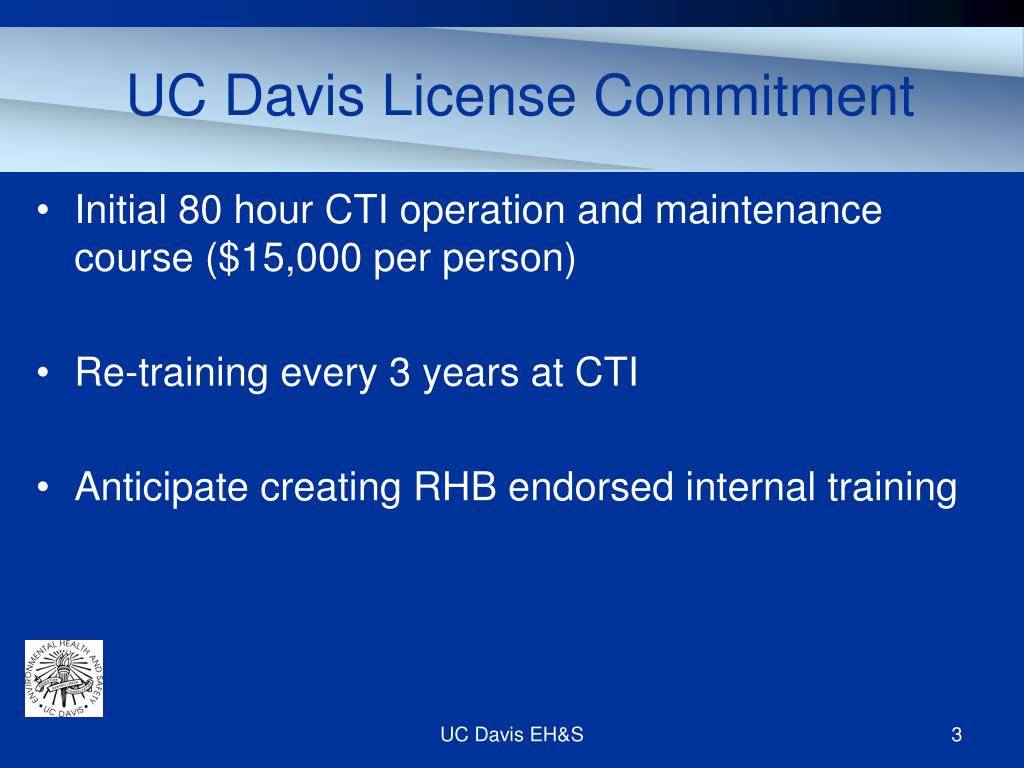U.S. Remote Workers: Unwitting Tools In North Korea's Cyber Operations

Table of Contents
North Korea's Sophisticated Cyber Warfare Capabilities
North Korea possesses surprisingly advanced cyber warfare capabilities, primarily wielded by groups like the infamous Lazarus Group and APT38. These highly skilled hacking groups employ a range of advanced techniques to achieve their objectives, including:
- Highly sophisticated phishing campaigns: These carefully crafted emails appear legitimate, tricking users into revealing sensitive information or downloading malicious software.
- Advanced Persistent Threats (APTs): These long-term, stealthy attacks involve gaining persistent access to a network to steal data over an extended period.
- Destructive Malware and Ransomware: These attacks aim to cripple systems, encrypt data, and demand ransoms for its release. The Lazarus Group is known for its proficiency in this area.
Their motivations are multifaceted:
- Financial gain: Stealing cryptocurrency, conducting bank heists, and extorting ransoms are significant revenue streams for these operations.
- Espionage: Gathering intelligence on government agencies, military installations, and private companies is a key objective.
- Disruption: Causing widespread chaos and disruption to critical infrastructure serves as a potent tool for political leverage.
Examples of successful attacks highlight the scale of these operations:
- The 2014 Sony Pictures hack, attributed to Lazarus Group, resulted in the leak of sensitive data and significant financial losses.
- The 2017 WannaCry ransomware attack, while not directly linked to North Korea, demonstrated the potential for widespread damage from malware originating from state-sponsored actors.
- Numerous attacks on financial institutions worldwide have resulted in millions of dollars in stolen funds.
These attacks demonstrate the significant capabilities of North Korean cyber actors and their willingness to target various sectors, from government agencies to financial institutions. The keywords North Korean cyberattacks, Lazarus Group, APT38, cyber espionage, and ransomware attacks are central to understanding the threat landscape.
How Remote Workers Become Unwitting Tools
U.S. remote workers are particularly vulnerable to these attacks due to several factors:
- Less secure home networks: Home networks often lack the robust security measures found in corporate environments, leaving them more susceptible to intrusion.
- Less stringent IT oversight: Remote workers may not receive the same level of IT support and security training as their office-based colleagues.
- Lack of awareness: Many remote workers lack sufficient awareness of the types of cyber threats they face.
Common attack vectors exploited by North Korean actors include:
- Phishing emails: These emails often appear to be from legitimate sources, such as banks or employers, enticing users to click malicious links or download attachments.
- Malicious software downloads: Hidden within seemingly innocuous files, malware can grant attackers access to systems and data.
- Unsecured VPNs: Using insecure VPNs can expose sensitive data and leave remote workers vulnerable to man-in-the-middle attacks.
Examples of successful attacks leveraging remote worker vulnerabilities:
- Phishing emails targeting remote workers with access to sensitive financial data.
- Malware infections resulting from downloading seemingly harmless attachments.
- Data breaches resulting from unsecured VPN connections.
The Impact on National Security and Businesses
The consequences of successful North Korean cyberattacks against U.S. remote workers are far-reaching:
- Theft of intellectual property: The theft of sensitive data, including trade secrets and research, can cause significant financial losses and damage to a company's competitive advantage.
- Financial losses: Ransomware attacks can cripple businesses, leading to lost revenue, downtime, and hefty ransom payments. Data breaches can lead to costly investigations, legal fees, and reputational damage.
- Damage to national infrastructure: Attacks targeting critical infrastructure can disrupt essential services and have significant national security implications.
- Reputational damage: Data breaches and cyberattacks can severely damage the reputation of businesses and government agencies, leading to loss of trust and customers.
Examples of real-world consequences:
- The cost of a data breach can run into millions of dollars, including legal fees, regulatory fines, and remediation costs.
- Disruptions to essential services can have far-reaching consequences, affecting everything from healthcare to transportation.
- The long-term effects of a cyberattack can include lasting reputational damage and a loss of customer trust.
Protecting Against North Korean Cyberattacks: Best Practices for Remote Workers
U.S. remote workers can significantly improve their cybersecurity posture by adopting the following best practices:
- Use strong, unique passwords: Implement strong passwords for all accounts and use a password manager to securely store them.
- Enable multi-factor authentication (MFA): MFA adds an extra layer of security, making it much harder for attackers to gain access to accounts.
- Install and update antivirus software: Regularly update your antivirus software and scan all downloaded files before opening them.
- Be vigilant against phishing emails: Avoid clicking on suspicious links or downloading attachments from unknown sources. Report suspicious emails immediately.
- Use a secure VPN: Use a reputable VPN to encrypt your internet traffic and protect your data when using public Wi-Fi.
- Regularly back up your data: Regular backups ensure that you can recover your data in case of a ransomware attack or other data loss event.
Specific steps to take:
- Enable automatic software updates for your operating system and applications.
- Use a strong password manager and enable two-factor authentication wherever possible.
- Educate yourself on the latest phishing techniques and social engineering scams.
- Regularly review your network security settings and update your router’s firmware.
By following these best practices, U.S. remote workers can significantly reduce their vulnerability to North Korean cyberattacks.
Conclusion: U.S. Remote Workers: A Critical Link in Cyber Defense
The vulnerability of U.S. remote workers to North Korean cyber operations and the potentially devastating consequences are undeniable. The theft of intellectual property, financial losses, and damage to national security are all significant concerns. Cybersecurity awareness and proactive measures for remote workers are paramount. Businesses must also improve their security protocols for remote employees, providing robust training, secure access, and strong network protection.
We urge all U.S. remote workers to adopt the security best practices outlined in this article. Staying informed about emerging cyber threats and actively protecting yourself is critical. Further research into North Korean cyber warfare and its impact on U.S. remote work is essential for developing effective countermeasures. For more information, consult resources such as the Cybersecurity & Infrastructure Security Agency (CISA) and the FBI. By working together, we can strengthen our collective cyber defense against these persistent threats and protect the vital contributions of U.S. remote workers.

Featured Posts
-
 Stranger Things 5 Everything We Know About The Cast Premiere And Final Season
May 29, 2025
Stranger Things 5 Everything We Know About The Cast Premiere And Final Season
May 29, 2025 -
 Morgan Wallen One Thing At A Time Debuts Amidst Controversy
May 29, 2025
Morgan Wallen One Thing At A Time Debuts Amidst Controversy
May 29, 2025 -
 Meany Alastqlal Hryt Wkramt Wazdhar
May 29, 2025
Meany Alastqlal Hryt Wkramt Wazdhar
May 29, 2025 -
 Eight Hour Standoff In Seattle Ends In Two Arrests After Shooting Incident
May 29, 2025
Eight Hour Standoff In Seattle Ends In Two Arrests After Shooting Incident
May 29, 2025 -
 Angelina Komashko Uc Davis Commitment In State Freestyle Star
May 29, 2025
Angelina Komashko Uc Davis Commitment In State Freestyle Star
May 29, 2025
